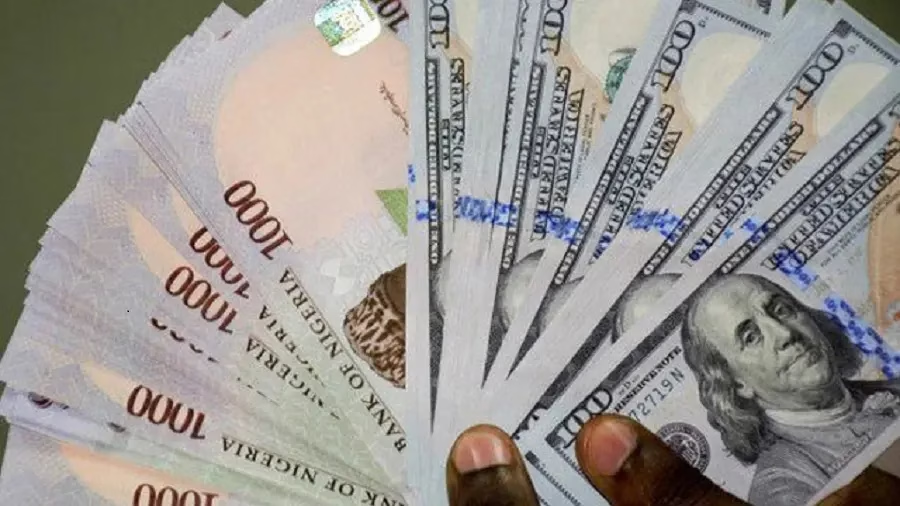The Nigerian naira has begun the week on a downward trend, depreciating against the United States dollar in both the official and parallel exchange markets. According to data from the Central Bank of Nigeria, the naira dropped to N1,437.29 against the dollar on Monday, down from N1,436.58 at the close of business on Friday. This represents a decline of N0.71 against the dollar.
In the parallel market, the naira also fell by N15 to N1,465 per dollar on Monday, compared to N1,450 on Friday. This development is notable despite the recent increase in Nigeria’s external reserves, which stood at $43.35 billion as of November 7th, up from $43.32 billion the previous day.
The naira’s decline comes on the heels of a mixed performance last week, which was marked by the designation of Nigeria as a Country of Particular Concern by US President Donald Trump. The country’s foreign exchange market has been closely watched in recent times, given the significant role it plays in the nation’s economy.
The Central Bank of Nigeria has been working to stabilize the naira, but the currency has continued to face challenges, including a shortage of dollars and a high demand for foreign exchange. The bank’s efforts to increase dollar supply and reduce the demand for foreign exchange have yielded mixed results, leading to fluctuations in the value of the naira.
The current state of the naira is a significant concern for businesses and individuals who rely on foreign exchange for imports and other transactions. A weaker naira makes imports more expensive, which can lead to higher prices for consumers and increased production costs for businesses. As the country’s economy continues to evolve, the performance of the naira will be closely monitored by stakeholders, including investors, businesses, and policymakers.
The rise in Nigeria’s external reserves is a positive development, but its impact on the naira’s value remains to be seen. The Central Bank of Nigeria will likely continue to play a crucial role in shaping the country’s foreign exchange market, and its policies will be closely watched in the coming days and weeks. As the naira’s value continues to fluctuate, it is essential to monitor the currency’s performance and its implications for the broader economy.
